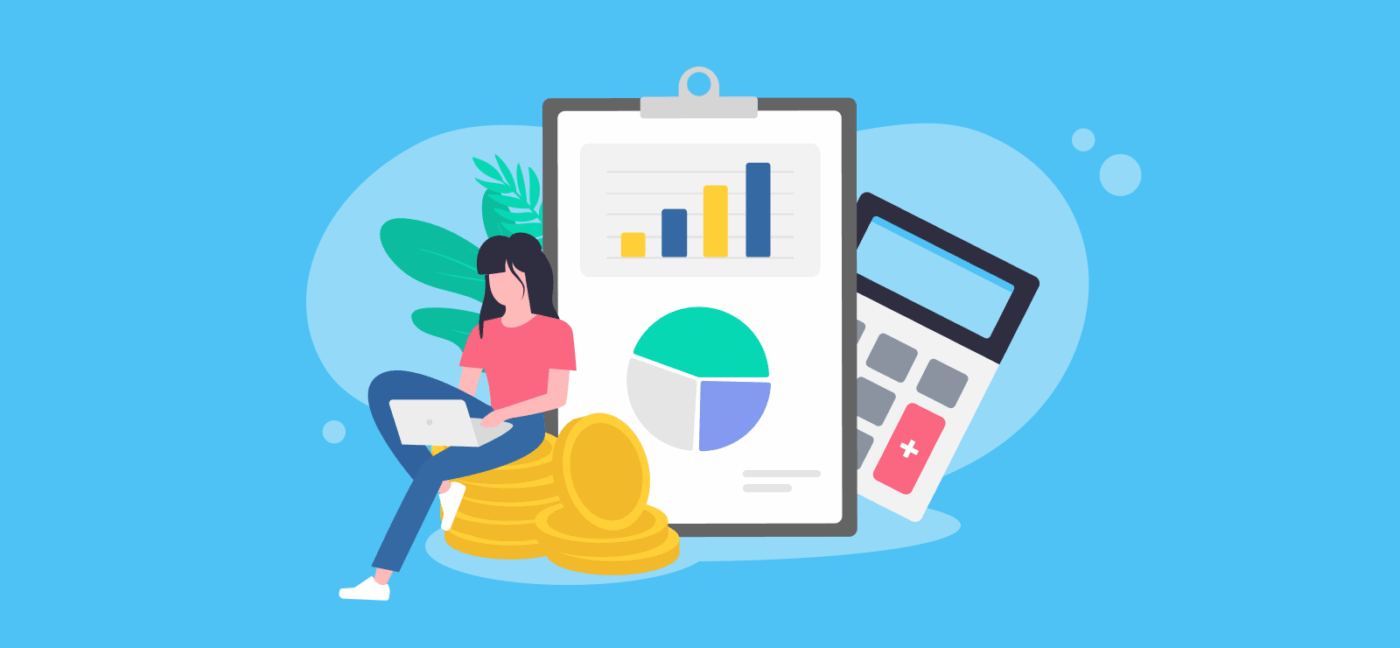

Bookkeeping for Limited Companies
Setting up a limited company can feel a bit overwhelming – but also exciting! One of the first things you’ll want to understand so you can make sure your business is compliant is bookkeeping: what it is, why it matters, and how it can impact your business.
In this article, we’ll break down the essentials to help you manage your finances with confidence.
What is bookkeeping?
It’s basically the process of recording transactions within your business. Everyone’s records will differ slightly because every business is different! For example, let’s say you’re a hairdresser. You’ll record things like payments from clients, purchases from suppliers, and business expenses such as renting out a chair or property to do your job.
Why is bookkeeping important?
Keeping accurate and up-to-date records is critical for any limited company. Without proper bookkeeping, you or your accountant may struggle to complete key tasks such as your Company Tax Return. This could lead to:
- Paying the wrong amount of tax
- Facing penalties from HMRC
Manage inaccuracies
Bookkeeping errors can crop up for all sorts of reasons, from being interrupted by a phone call to a simple typo. Unfortunately, even the smallest of issues, like a decimal point in the wrong place, could land your business with a penalty.
Thankfully, bookkeeping software can make it much easier to spot errors like this, reducing the time you would otherwise need to spend going over your books – possibly until numbers no longer have meaning.
Claiming allowable expenses
In order to claim allowable expenses – you need to be recording them. Efficient tracking ensures you’ve made the correct amount of deductions against your company’s income – resulting in your company paying less tax. Your company pays tax based on profit, not total income, so deducting expenses is very important!
Financial reporting
Not only does it result in difficulty completing your tax returns, bookkeeping issues can also lead to anomalies in your financial reports and forecasts. This information can be vital to understanding your business’s overall financial health. With it, you’ll know how well your business is performing, make better cash flow predictions, and make better business decisions all round. The diagram below shows the relationship between different parts of your financial reporting, and how this can help you run your business.
Is bookkeeping the same as accounting?
Bookkeeping and accounting are related, but not the same. Think of them like a lion and a house cat – similar in some ways, but very different in role and scale. Basically, bookkeeping is the initial step that involves recording all your financial transactions.
Accounting, on the other hand, builds on that using the data to analyse your business’s performance, manage cash flow, and prepare reports like your Company Tax Return.
What bookkeeping records does my limited company need to keep?
You need to record all your day-to-day transactions. This can vary from one company to the next, but it might include things like:
- Invoices you issue to clients
- Incoming payments (such as when that client invoice gets paid)
- Outgoing payments (for example, to buy materials, pay rent, or for software subscriptions)
- Payroll costs such as wages, National Insurance contributions, pension contributions, and benefits in kind
- The details of any assets the company owns
Double-entry bookkeeping
As a limited company you’re required to record everything twice – also known as ‘double-entry bookkeeping’. This basically means every transaction you record will need an opposite entry. One will show as a credit, and one showing the other side of that transaction as a debit.
Let’s show you an example
You’re a Graphic Designer who has just bought a new laptop for £1,500.
You’ll debit your expense account for £1,500, and credit your cash account for £1,500.
This is because your expense assets are now worth an additional £1,500, but you have £1,500 less cash.
Now let’s say you use your laptop to work with a client. They pay you £150, which you enter as a cash debit of £150 into your account, as well as a revenue credit of £150.
We know it sounds very confusing. Most bookkeeping software (like Pandle) will create your double-entries automatically when you enter the transaction, so it’s not as bad as it sounds!
Is bookkeeping for limited companies affected by Making Tax Digital?
There are several instances where Making Tax Digital may affect limited companies. For example, MTD for VAT has already rolled out, which means if your company is VAT-registered you’ll need to keep digital bookkeeping records and submit returns to HMRC using MTD-compatible software.
MTD for Income Tax (IT) will come into effect in April 2026 for anyone whose total sole trader and/or property income is over £50,000 in a tax year. This decreases to £30,000 in 2027, and then £20,000 in 2028.
HMRC have confirmed they no longer plan to introduce Making Tax Digital for Corporation Tax, but some form of digitalisation will eventually be required. The best thing you can do is start keeping digital records sooner, so you won’t be making any big changes when the time comes.
Learn more about our online accounting services for businesses. Call 020 3355 4047 to chat to the team, and get an instant online quote.
Want to learn more?
Subscribe to our newsletter to get accounting tips like this right to your inbox

Read more posts...

February 2026 Client of the Month: Accountancy Hub
27th February 2026This month we spoke to Hannah, founder of Accountancy Hub. Accountancy Hub | Instagram Hey Hannah! Tell us about your business…
Read More
Paying Yourself a Salary from Your Limited Company
26th February 2026Being a director means you’re legally separate from your limited company even if you’re also the owner, so you’ll need to decide…
Read More
How Do Footballers Pay Tax?
24th February 2026We all know top-flight footballers do alright. But how does tax work for professional footballers? Is it treated as self-employed income, or…
Read MoreConfirm Transactions
The number of monthly transactions you have entered based on your turnover seem high. A transaction is one bookkeeping entry such as a sale, purchase, payment or receipt. Are you sure this is correct?
Please contact our sales team if you’re unsure
VAT Returns
It is unlikely you will need this service, unless you are voluntarily registered for VAT.
Are you sure this is correct?
Call us on 020 3355 4047 if you’re not sure.
MTD IT Quarterly Updates
Your final, end of year MTD Income Tax submission is included in your fee, without this add-on service.
We would recommend you submit the quarterly updates yourself using Pandle or alternative bookkeeping software.
However, if you would prefer us to submit these quarterly updates for you, there is an additional fee of £35.00 per month.
Call us on 020 3355 4047 if you’re not sure.
Bookkeeping
You will receive our bookkeeping software Pandle for free, as part of your package.
You can use this to complete your own bookkeeping, or we can provide a quote to complete your bookkeeping for you.
Please select and option below:
Call us on 020 3355 4047 if you’re not sure.

